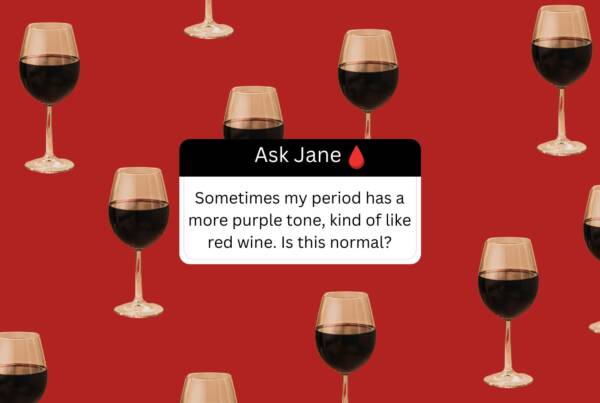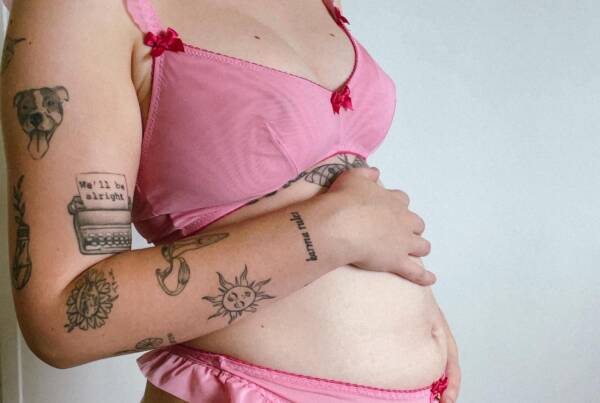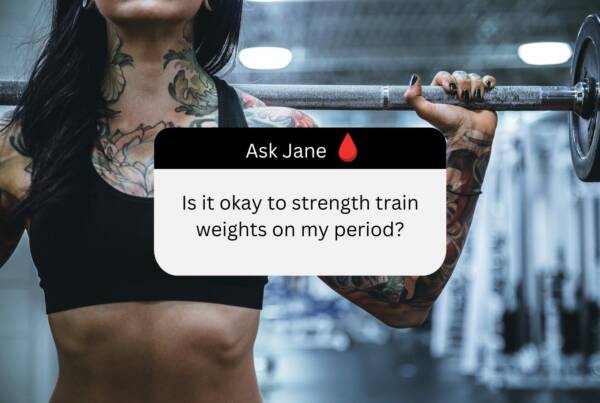Writing by Kim Koelmeyer // Photograph by Sara Lorusso
Writing by Kim Koelmeyer // Photograph by Sara Lorusso
With recent moves in New York to provide free tampons in schools, homeless shelters, and jails, the controversial tampon tax is starting to gain traction again. How have sanitary products been labelled a luxury, when they manage one of the most prevalent naturally-occurring bodily functions among us?
About three years ago, I went to the beach with some family friends. I had my period, so I didn’t join when everyone went out to swim. All of the guys asked me why I wasn’t swimming, and were absolutely clueless until I spelled it out for them, the girls shaking their heads in the background, amused.
Therein lies the root of the problem. The stigmas and misunderstandings surrounding menstruation work to make periods something that is far removed from society—something to be dealt with discreetly to avoid embarrassment. Dr. Lauren Rosewarne from the University of Melbourne has studied the common misconceptions about menstruation within our culture.
In conversation with The Wire, Dr. Rosewarne reflected that “men appear on screen to know so little about menstruation, for example…about [the] quantity of blood bled. They seem to know so little about how menstruation happens in terms of timing; a common joke in sitcoms is a woman might be moody for example, and a male character will say, “Oh it must be the 14th,” as though somehow women bleed every 14th of the month…That joke only makes sense to men who don’t understand that regularity has nothing to do with the calendar.”
It’s never mentioned in everyday conversation, so it doesn’t feel like a part of everyday life. But in reality, 51% of the population menstruate. As such, it is hard to reconcile the secretive, distant nature of menstruation with the calls to classify it as a necessity. This is what we need to change.
Not only is the tampon tax an unfair scheme, it has real negative effects on access for those with a low socio-economic background. The Melbourne Period Project, founded in 2015, provides sanitary products to women and transgender individuals experiencing homelessness. According to Founder and Managing Director Donna Stolzenberg, sanitary products are essential because “you can’t free bleed, it’s a hygiene problem. Not only that you ruin your clothing; it’s embarrassing, so there’s a loss of dignity [and] humiliation.”
While the tax may seem insignificant to many, Stolzenberg highlights the “huge” effects that poor access to sanitary products can have on the lives of those who menstruate: “Some people have said that for a $4 packet of tampons, it’s only an extra 40 cents. But that 40 cents can mean the difference between, “I can afford them” or “I need to steal them,” Stolzenberg says.
So why have these stigmas ingrained so deep within governmental policy? Easy: so few policy makers get periods. I’m not saying women need to overthrow the government or anything, but the tampon tax is the perfect example of how the lack of women in leadership can cause real gaps in legislation, and perpetuate stigma around things that really ought not to be stigmatised. As said by Dr. Rosewarne, “a whole lot of men in politics don’t want to discuss the topic because it’s considered icky.”
If we’re going to make any progress with the tampon tax, we all need to change the way we talk about periods. Instead of a gross, embarrassing thing that needs to be hidden, shout it from the rooftops…or at least mention it in conversation. Make it normal, because it is normal. At the very least, you can just proclaim to the world that you’re not pregnant this month—for most teen girls, that’s definitely worth celebrating.









